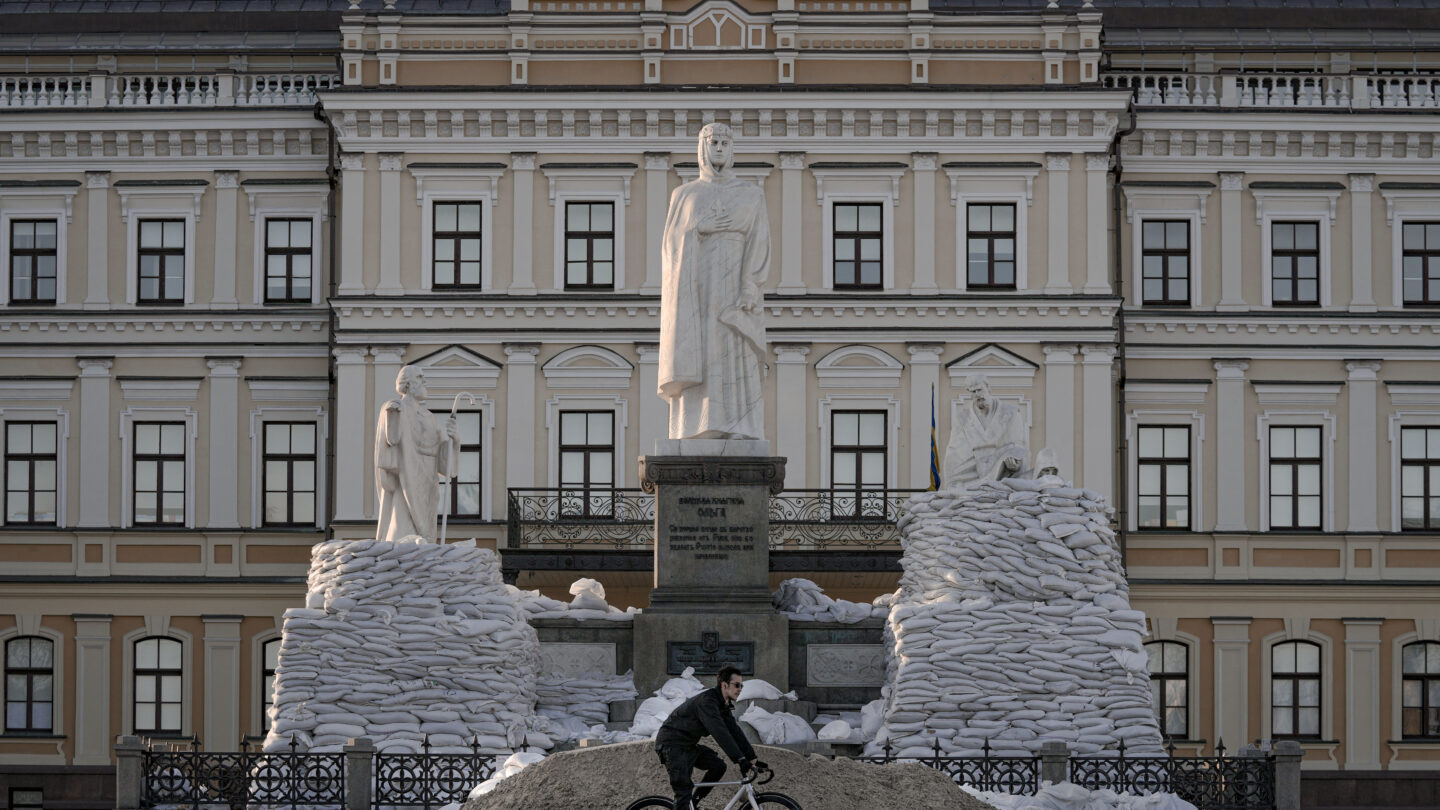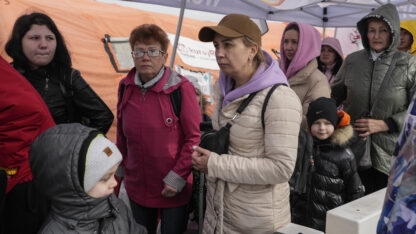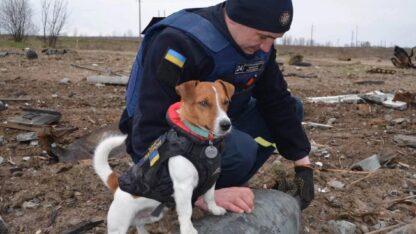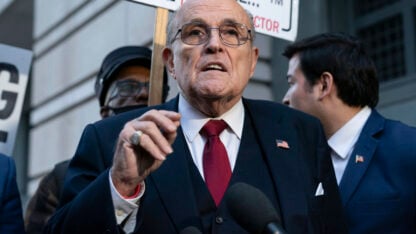The U.S. hasn’t had an official ambassador to Ukraine since 2019, when former President Donald Trump removed Marie Yovanovitch from her role. After several years and Russia’s full-scale invasion of Ukraine, President Biden says he plans to change that.
On Monday, the White House announced Biden’s intention to nominate Bridget Brink to the position.
Brink currently serves as the U.S. ambassador to Slovakia. The veteran diplomat has spent more than two decades in the Foreign Service focusing on Europe and Eurasia.
State Department spokesperson Ned Price said Monday that if confirmed, Brink will lead with “dedication and distinction.”
“Her decades of experience make her uniquely suited for this moment in Ukraine’s history,” he added.
She’s held positions in other former Soviet republics
Brink, who hails from Michigan, holds degrees from Kenyon College as well as the London School of Economics and Political Science and speaks multiple languages, including Russian.
She originally joined the State Department in 1996, according to her official biography, and began her career in Belgrade, Serbia.
Over the years she’s held multiple roles at the State Department, including Cyprus desk officer and deputy director for southern European affairs. She was also the director for the Aegean and the South Caucasus at the National Security Council.
Brink served as the deputy chief of mission at the U.S. embassy in Tbilisi, Georgia from 2011 to 2014, then in Tashkent, Uzbekistan for a year.
From there she became a senior advisor at the State Department’s Bureau of European and Eurasian Affairs, where she was responsible for issues related to Eastern Europe and the Caucusus.
Trump nominated her as ambassador to Slovakia in 2019. She was confirmed by the Senate, which will need to happen again in order for her to assume her new position in Ukraine.
She has spoken about the ‘Translatlantic link’ in her professional and personal life
At her swearing-in ceremony in August 2019, Brink discussed her deep ties to Europe, in what she described as a “Transatlantic bond” that “runs through my entire personal and professional life.”
She recalled being a student in London when the Berlin Wall fell in 1989, for example. And going back further, she told a story about her family’s experience in World War II:
“Almost 80 years ago, my husband’s grandmother, Ada McIntyre, survived the Blitz in Manchester while her husband, Bernard McIntyre, bravely helped evacuate the soldiers trapped in Dunkirk as a member of the Royal Navy,” she said. “In another theater of the war, a young U.S. Army doctor named Donald Brink twice treated the American Commander of the war in Europe.”
In one of those cases, she said, he and two other physicians were called on to complete General Dwight Eisenhower’s physical to determine his eligibility for promotion to his fourth star.
Citing family lore, Brink said her grandfather saw that Eisenhower’s blood pressure was a bit high, and encouraged him to “lie down for a few minutes and think happy thoughts.” It worked, and he passed his physical.
“The rest, so they say, is history,” Brink said. “General Eisenhower was promoted, became the architect of the Normandy campaign, and then President of the United States. Following the presidency, General Eisenhower also became the first Supreme Allied Commander of NATO.”
In that speech, Brink thanked many of her mentors, colleagues and family members — including her two children, her husband and her British in-laws, calling theirs “literally a Transatlantic family.”
She visited the Ukrainian border shortly after Russia invaded
Brink visited Slovakia’s border with Ukraine on Feb. 25, a day after Russia began its invasion, according to a State Department release.
She said at the time that the U.S. would continue to provide support to the Ukrainian people and work closely with Slovakia to help it respond to “this unprovoked and unjustified attack by Russia.”
“As we all stand behind Ukraine, I have been closely monitoring the provision of direct humanitarian aid by Slovakia to Ukraine and the gas return capacity since 2014,” she added. “Witnessing the aid and support that all Slovak troops offer to Ukraine causes humility and admiration. My heart is with every victim of this senseless war.”
This story originally appeared in the Morning Edition live blog.
Copyright 2022 NPR. To see more, visit https://www.npr.org.
9(MDAxODM0MDY4MDEyMTY4NDA3MzI3YjkzMw004))

9(MDAxODM0MDY4MDEyMTY4NDA3MzI3YjkzMw004))








